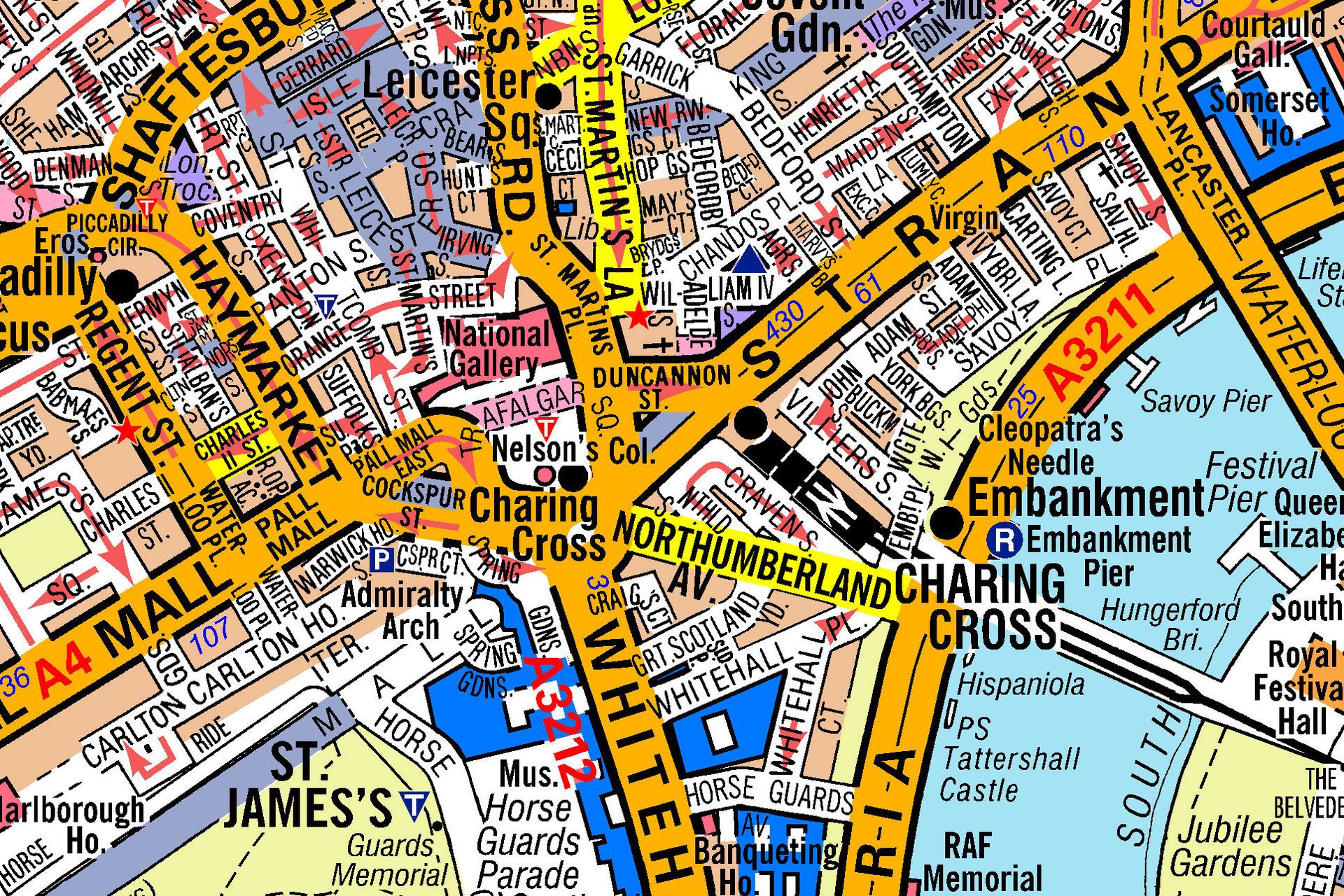Living in today’s modern world, there’s very little that you can’t buy on finance. Whether you need a new set of wheels, a washing machine or a mobile phone, your credit score can make all the difference.
Most lenders will use Experian, Transunion or Equifax to find out if you have a “very poor,” “poor,” “good”, or “excellent” score, depending on what your borrowing history looks like. Put simply, the better your credit score, the more likely companies will be willing to lend you credit. So scoring “good” or “excellent” means you are more likely to be accepted and offered the best rates available.
Throughout the UK, several factors can impact your credit score. But have you ever wondered what the difference is? Here’s our rundown of the UK areas with the lowest credit scores:
It’s all in the details
Before we dive into the logistics, first off, we need to address what a credit score is. In a nutshell, it is what companies look at to see how creditworthy you are. So your credit score is based on the number of open accounts you may have, any outstanding debt, your repayment history and several other factors.
Lenders will look at your credit score to determine if you are a risk or a potentially sound investment before securing your credit. Any amount borrowed needs to be paid back in a timely manner, so if you have a poor credit score, you are less likely to be accepted for credit.
There are three main credit reference agencies in the UK that lenders will refer to against their own set of criteria. They each have a differing scale of what is very poor and what is excellent:
- Equifax: 420 to 466 is good; 467 to 700 is excellent
- Experian: 881 to 960 is good; 961 to 999 is excellent
- TransUnion: 604 to 627 is good; 628 to 710 is excellent
All lenders have their own systems in place that are supported by the information above. So you may find yourself being accepted by one lender and rejected by another even though you have supplied the same information across the board.
How is your credit score calculated?
Remember the three main credit reference companies in the UK? Well, they each report, update and store your credit history. Despite Experian, Equifax and Transunion operating within their own parameters, there are five main factors they all look at when calculating your credit score:
- Payment history – this counts for 35% of your overall credit score and shows how well you make your repayments
- Any debts you have – this counts for 30% of your overall credit score and shows how much of that credit is currently being used
- Length of credit history – this counts for 15% of your overall credit score. Longer credit histories are considered less risky, as there is more data evidencing your timely repayments
- Types of credit – this counts for 10% of your overall credit score and highlights instalment credit, such as credit cards or mortgage loans
- New credit – this counts for 10% of your overall credit score and highlights any new accounts you may have
What is a “bad credit” score?
Sometimes life throws us a curveball, and your credit score can take a significant hit. You may have missed a few repayments or landed a Court Court Judgement (CCJ). Whatever the reasons for your bad credit score, lenders will look at your history and see that you are likely to fail in making your payments on time in the future.
Having a bad credit score will make it harder for you to borrow money, and as you are considered high risk, competitive rates are much harder to come by. What’s more, this applies to all types of loans, including both secured and unsecured types.
However, there are specialist lenders out there who appeal to individual circumstances and work to offer tailored bad credit finance. Everyone needs a second chance, right?
Some focus points:
- Bad credit is often reflected as a low credit score
- Loans and credit are harder to come by if you have a bad credit history
- Bad credit usually applies to people who have not paid their bills on time or owe too much money
Areas with the lowest and highest credit scores in the UK
Here are the top 10 areas in the UK that are considered to have the lowest credit scores:
- St Helens: 692
- Hartlepool: 690
- Merthyr Tydfil: 688
- Middlesbrough: 683
- North East Lincolnshire: 682
- North Ayrshire: 678
- Blaenau Gwent: 674
- Knowsley: 674
- Blackpool: 672
- Kingston-upon-Hull: 661
In comparison, these places have the highest credit scores:
- Isles of Scilly: 848
- Chiltern: 848
- Waverly: 843
- West Oxfordshire: 843
- St Albans: 842
- Elmbridge: 841
- Wokingham: 841
- Brentwood: 840
- Hart: 840
- South Cambridgeshire: 840
There are several socio-economical factors at play within each of these areas. Lower credit scores areas tend to have higher debts, higher levels of supplemented income from benefits, people who are self-employed or have a history of poor credit.
Does my address impact my credit score?
Not in the way you might think.
Yes, there are areas in the UK where credit scores are lower or higher than others, but these look at averages.
Your address is an important factor when making an application for credit. It needs to be accurate and up to date with your current situation. But, your address is more of a link to who you are, and your credit report for the three credit reference agencies to use to:
- Confirm your identity
- To link your credit file to you
Simply moving into an area where credit scores are lower will not automatically bring down your credit score. Your credit score is yours alone, not the community you live in. It is based on how you have handled credit in the past, not on the person who previously lived in your address.
One of the things lenders do look out for is stability in your credit report. So if you have a tendency to move home often, this may set alarm bells for any lenders looking at your file, as it suggests you have issues paying your rent, for instance.
Watch out for mistakes in your report
Mistakes can be a real dealbreaker when it comes to financing approval. Credit reference agencies use information such as your address to match your credit information. If this is wrong, inaccurate information can appear on your credit report, thus affecting your score.
One of the easiest ways to ensure all your information is correct is to make sure all of your active credit accounts are registered under the same address. All you have to do is contact your bank or lender either via phone or online to update your details. Simple.
Don’t forget to register to vote either! Having your name on the electoral roll automatically makes you easier to track too.
Avoid multiple applications
Multiple applications are a massive red flag for lenders. Above all else, it makes it look like the applicant is in financial difficulty.
If a lender has recently rejected you, take a break, and wait a couple of months before making a new application. That way, you can hold on to all your valuable credit points without making you look like a risky applicant.
Every application you make will appear on your credit report for 12 months, whether you are accepted or rejected. Leaving a minimum three month gap between each application will ensure your credit score looks more creditworthy to any prospective lenders.
Responsible borrowing
Lenders love to invest in responsible borrowers. That means consumers who never miss a repayment and stick within the agreed credit limits.
But it’s not just repayments that stand out to a lender. When times are tough, you might run into financial difficulty. If this happens and you don’t know when you’ll secure the funds, the best thing you can do is to contact the lender immediately. We’re all human, after all, and all reputable lenders know this too.
Racking up debt with zero explanations doesn’t come under the banner of responsible borrowing. However, speaking directly to your lender will make sure that any late payments are accounted for on your credit report.
One late payment on a loan or credit card alone can cost you up to 130 points, according to Experian. So to avoid damaging your score further, striking up a conversation between yourself and your lender will help dividends. What’s more, unlike late historical payments, which can show for up to six years on your report, one late payment should disappear after six months.
Damage limitation is key to maintaining a good credit report, and your credit score can recover over time.
Simple ways to improve your credit score
Building up a good or excellent credit score takes time. However, there are some simple ways to boost your score instantly:
- Provide accurate information: your credit score is wrapped up in your identity, so make sure all of your data is correct, from your name to your current address
- Check your eligibility before you apply for credit: soft search eligibility checkers leave no lasting mark on your credit score
- Check for any mistakes: if anything looks suspicious or there is potential fraudulent activity on any of your accounts, contact your bank or lender immediately. Often these mistakes are down to human error, but its always worth checking out
- Don’t max out your credit limit
- Make sure you’re registered to vote on the electoral roll
- Pay off any outstanding balances in full where possible: this shows lenders that you can comfortably manage your credit, making you low risk in their eyes!
Make sure you do your research
Now that you know the finer details of what makes up your credit score, it’s time to talk about what you should look out for when applying.
Researching all of your options before making any hard and fast decisions will ensure you get the best competitive rates on the market. But whatever online tools you use, make sure you only use soft searches to make your initial enquiries. Unlike a hard search, which usually comes at the application stage, a soft search is a simple way to confirm that your details match your identity.
Make sure you look out for:
- APR (Annual Percentage Rate) – this is the amount you pay over a whole year, including fees. The higher the APR, the more money you pay over the life of the loan
- Look at the finer details – there can be hidden fees, or you may be required to pay back the loan over a period that doesn’t work for you
- Any extra perks – car financing tends to come with a range of warranties and other services
- Final payment – make sure you check out how soon you can pay off the loan in full
- Minimum monthly repayments – make sure you don’t borrow more than you can afford to pay back each month. You want to make all your repayments back on time
The bottom line
Regardless of where you live in the UK, it is your individual circumstances that dictate your credit score. Everything from your monthly income to repayment history all plays a part. So even if the previous tenant in your home had a lousy score, this does not reflect your own.
Financing your car is one of the most affordable ways to get your hands on the safest and newest models on the market. With more variety, styles and prices available, there are a lot of perks. You also get a warranty and often servicing thrown in as part of the deal, too, ensuring you avoid any unnecessary trips to the garage.
What’s more, even with a poor credit history, we can offer a variety of bad credit finance options. All you have to do is take the leap. We’ll sort all the rest out.
So how does your area fare in the credit score rankings? Applying for financing has never been more simple. What car will you drive away in today?





